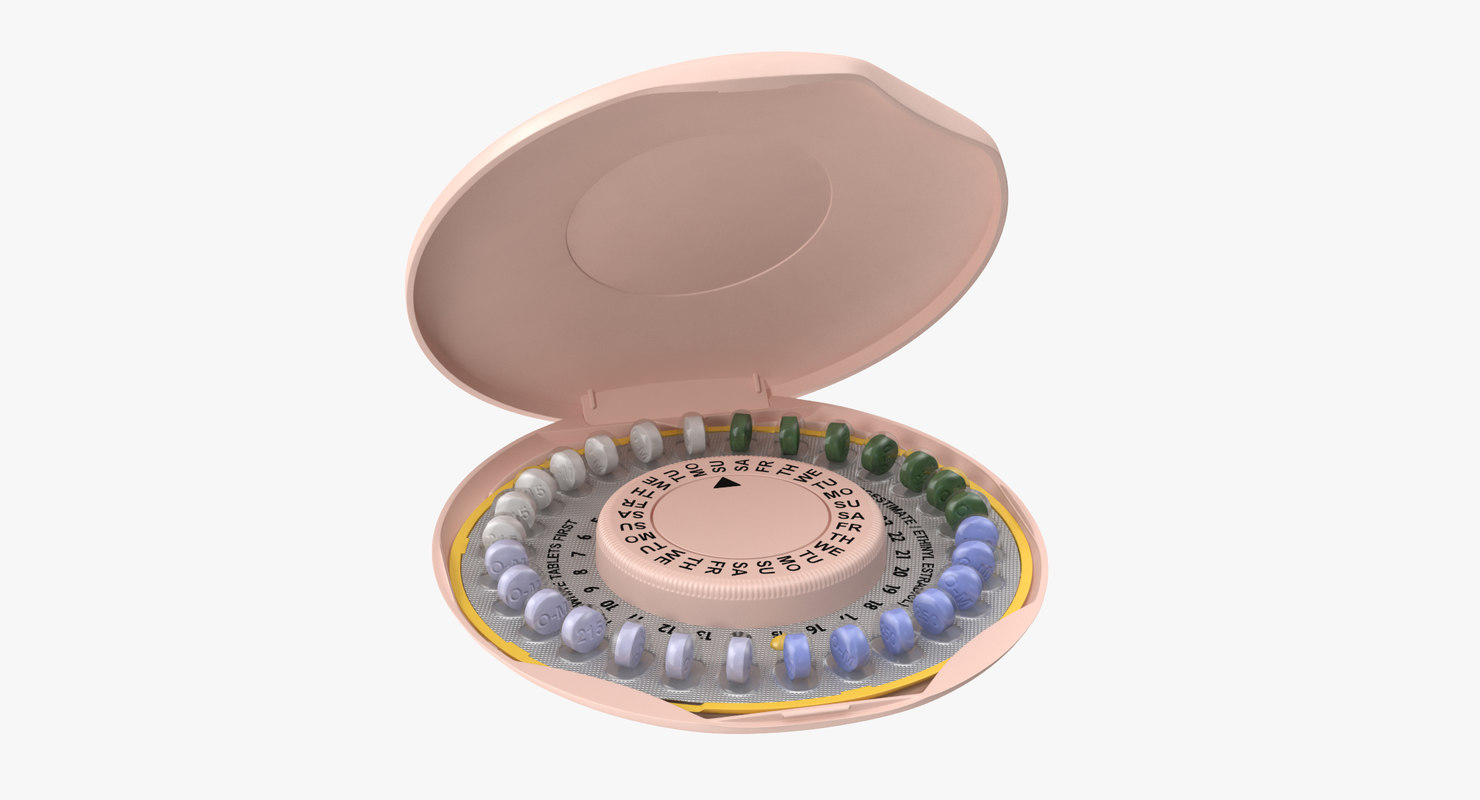LA BioMed has launched two new male contraceptive studies. The preliminary study of the pill showed that the oral contraceptive appears to be safe and effective when taken daily. Current methods of male contraception include vasectomy, condoms, withdrawal, and fertility awareness.
“The demand for safe, non-invasive forms of male contraception cannot be ignored,” said LA BioMed President and CEO, Dr. David Meyer. “We are pleased with the progress toward a new male-directed contraceptive method.”
The Male Contraceptive Clinical Trial Center at LA BioMed, supported by National Institutes of Health (NIH) and National Institute of Child Health and Human Development (NICHD), is led by Drs. Ronald Swerdloff and Christina Wang. LA BioMed is teamed with a similar center at The University of Washington.
Results from the initial study of the pill revealed that the experimental male oral contraceptive produced hormone responses that are consistent with effective male contraception seen in other longer-term studies. At the highest dose of DMAU tested, subjects showed “marked suppression” of testosterone levels and two hormones required for sperm production, without showing change in mood or sexual function at the optimal dose.
“Public health researchers estimate that more than 40 percent of unplanned pregnancies would be avoided with better male contraception on the market,” said Dr. Christina Wang, LA BioMed lead researcher. Dr. Wang considers this research to be of paramount importance, “We are proud to lead national and international research on two innovative male birth control options that will have a significant impact on family planning options for the couple.”
The second new male contraceptive trial at LA BioMed, supported by the National Institute of Child Health and Human Development (NICHD) and the Population Council, will examine a gel contraception (with testosterone and Nestorone). The gel, when applied to the skin, works to suppress the production of sperm and lower sperm counts in the ejaculate. The gel reduces the production of sperm without impacting men’s testosterone levels or ability to produce sperm at a later date.
Researchers at LA BioMed will oversee five of the nine centers worldwide conducting research on gel contraception for men. The 2b phase of this study will last 24 months and study 450 men. The endpoint will be contraception efficacy (prevention of pregnancy) in the female partner.
Thanks for reading CPA Practice Advisor!
Subscribe Already registered? Log In
Need more information? Read the FAQs




